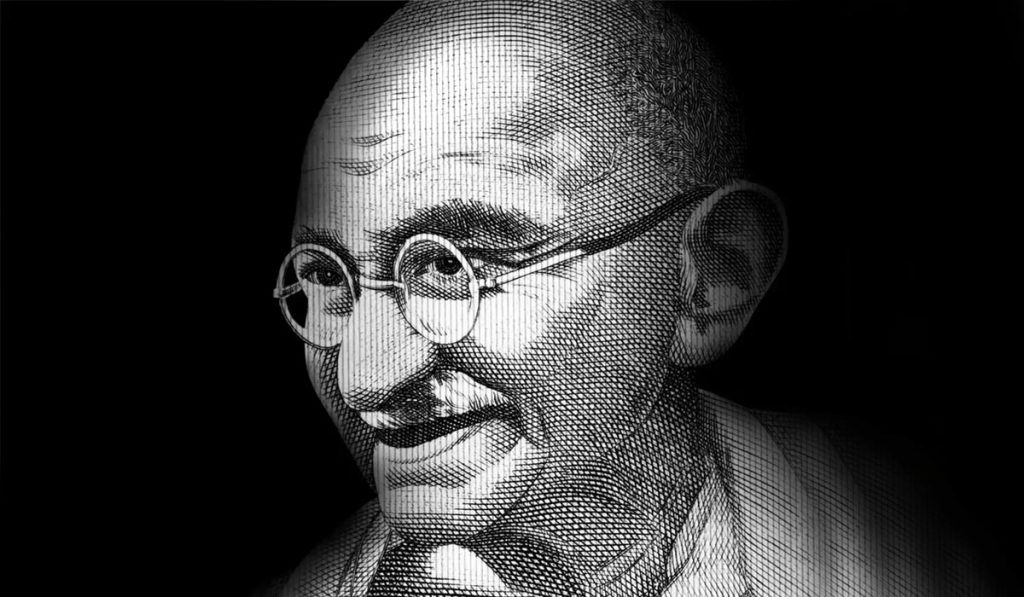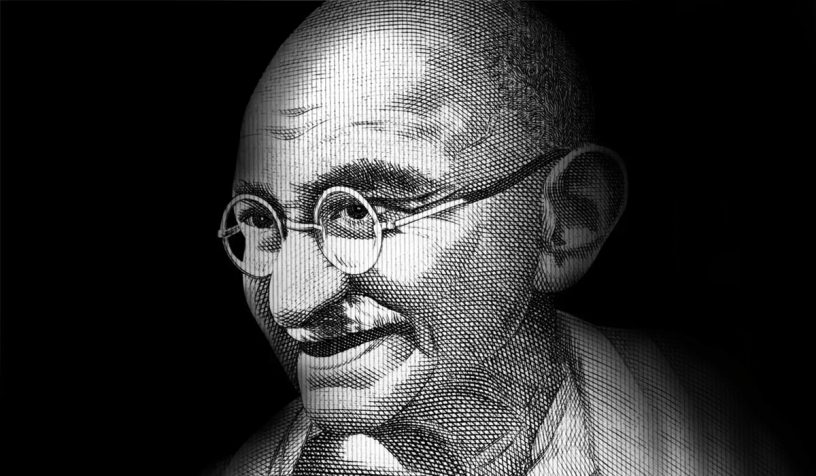
The present arena of hatred against Gandhi is undermining a rich and complex history of anti-racial and anti-imperial struggles, says the author.
Author
Rajeev Kadambi, Associate Professor, Jindal School of International Affairs, O.P. Jindal Global University, Sonipat, Haryana, India.
Summary
A High Court in Malawi, East Africa, recently stalled the construction of a statue of MK Gandhi on the ground that his statements proved he was racist and prejudiced against Black Africans. Objections to Gandhi’s views on race have been the flavour of the season, with the rise of such incidents in different parts of the world in recent times — especially during the “Black Lives Matter” movement. A major work that provides grist for the mill is The South African Gandhi: Stretcher-Bearer of Empire by Ashwin Desai and Goolam Vahed. This is a racy aggregation that plucks Gandhi’s words out of context.
It is relevant here to refer to Nelson Mandela’s statement that Gandhi’s objection to Indians being classified with Africans in prison was a reaction not to the local people but to criminals in jail. While he did not deny Gandhi’s early statements, he described the position as an ambivalence in his attitude. Gandhi himself once remarked that he purposely did not invite South Africans in his struggle on behalf of Indians against Whites in South Africa, as he felt it would have “endangered their cause”. This could be because he saw peculiarities in the Indian social and political situation in South Africa vis-à-vis the African community.
The issue is not about arranging what Gandhi said and when, but to understand him in practical terms, as someone who lived and acted well. At any rate, if he was a racist as is claimed, how is it that he exerted such an enormous influence on Black leaders and movements for racial justice across the world?
Published in: The Hindu Business Line
To read the full article, please click here


